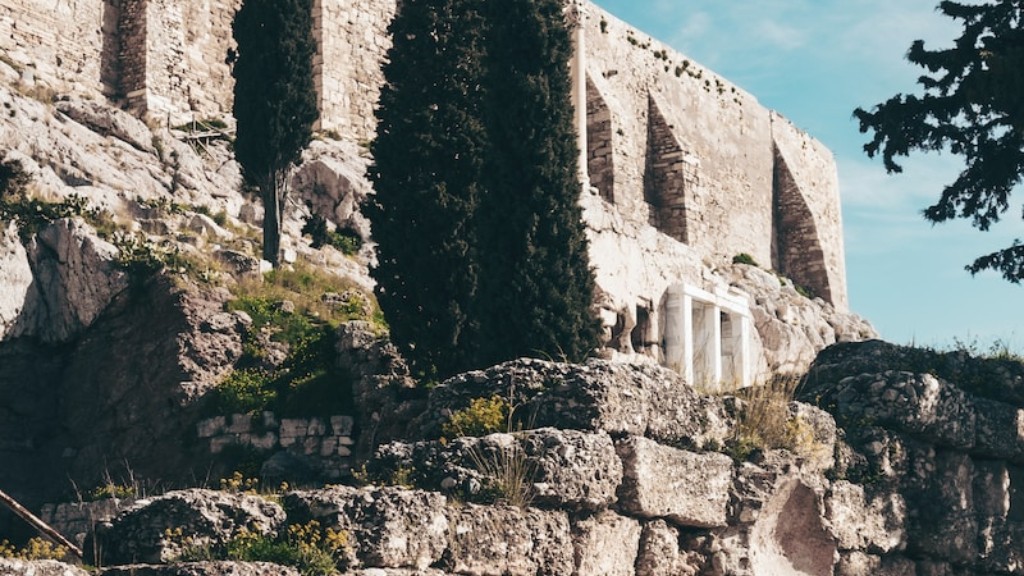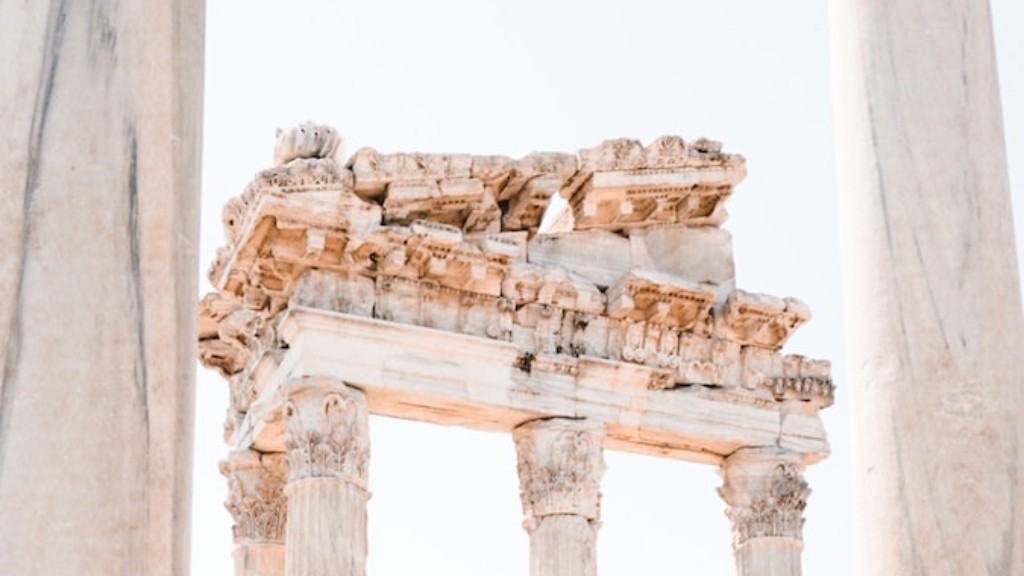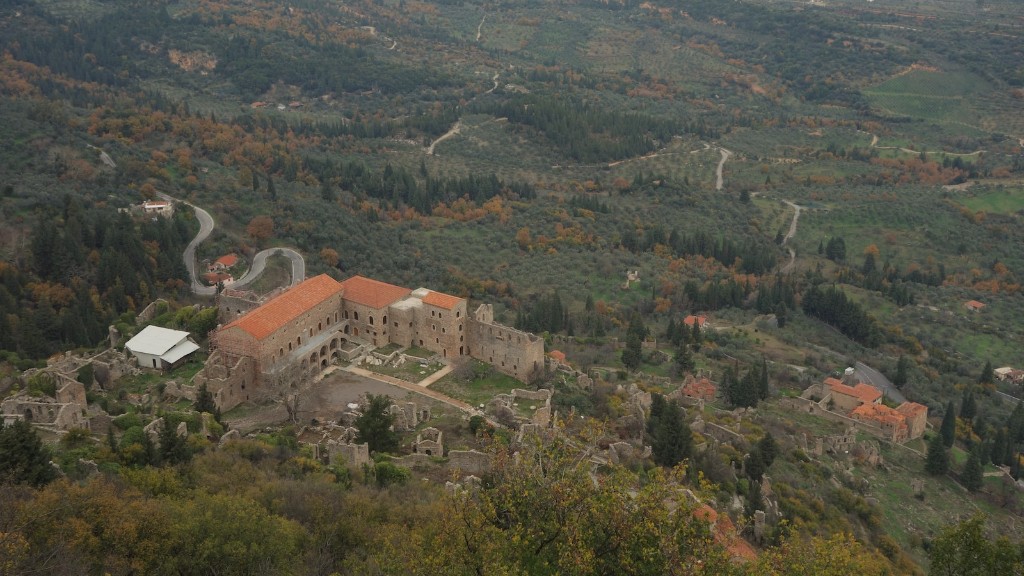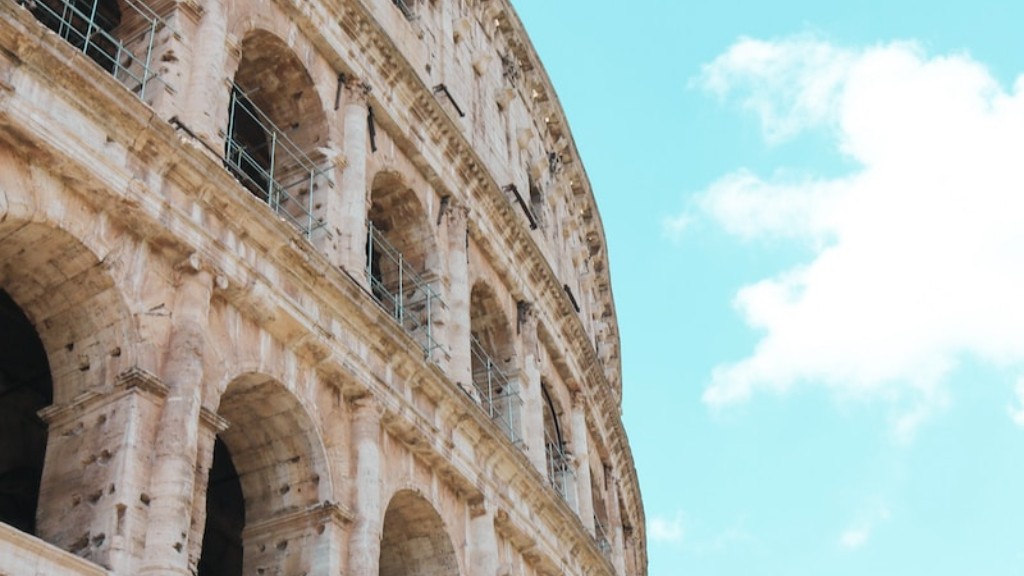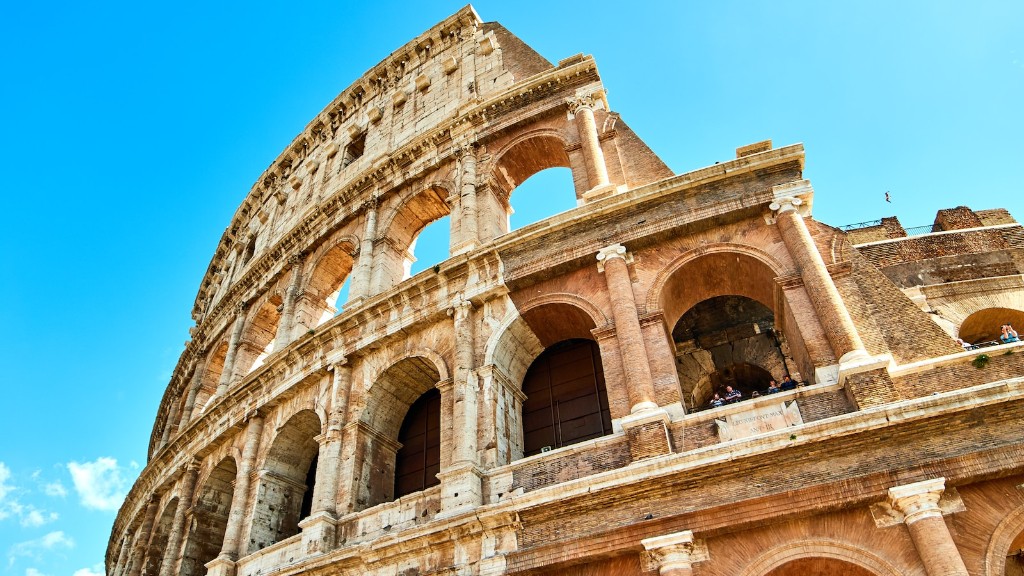The Most Powerful Polis in Ancient Greece
Introduction
In the ancient world, Greece was made up of various city-states, known as poleis. These poleis played a significant role in shaping the history and culture of ancient Greece. Among them, several were considered powerful due to their military might, political influence, economic prowess, and cultural achievements. This article aims to explore and identify the most powerful polis in ancient Greece based on historical evidence and scholarly consensus.
Athens: A Dominant Force
Athens, the birthplace of democracy, emerges as a strong contender for the title of the most powerful polis in ancient Greece. Renowned for its naval fleet and skilled army, Athens possessed the military capacity to defend its territories and expand its influence. Moreover, Athens became a cultural and intellectual hub, producing great thinkers, philosophers, and artists who significantly contributed to the enrichment of ancient Greek civilization.
Military Supremacy
Athens’ military supremacy stemmed from its formidable navy, which played a crucial role in Athenian dominance during the Persian Wars. The Athenian navy, enhanced by the construction of the long walls connecting Athens to its port city, Piraeus, granted them control over the Aegean Sea and facilitated trade and colonization.
Furthermore, the hoplite soldiers of Athens, known for their distinctive phalanx formation, were well-trained and disciplined, providing Athens with a potent land force. This military strength enabled Athens to establish itself as a dominant power within the Delian League, an alliance formed to counter Persian aggression.
Political Influence
The political influence of Athens should not be underestimated. The establishment and development of democracy in Athens set a precedent for future governments. Athenian democracy, as an inclusive and participatory system, fostered a sense of civic pride and engagement among its citizens, ensuring stability and unity.
Additionally, Athens took on a leadership role within the Delian League, effectively transforming the alliance into an Athenian empire. This hegemonic control allowed the city-state to exert influence over other poleis, both politically and economically.
Economic Prosperity
Athens thrived economically, thanks to its extensive trade networks and its strategic location, which facilitated maritime commerce. The city-state became a center for trading, attracting merchants from all over the Mediterranean. The revenue generated from trade and tribute from other member states of the Delian League contributed to Athens’ financial power.
Cultural Achievements
Athens’ cultural achievements in the fields of drama, philosophy, art, and architecture are legendary. The city-state became the cradle of Western civilization, producing well-known figures such as Socrates, Plato, and Aristotle. The Athenian Acropolis, adorned with iconic masterpieces like the Parthenon, stood as a testament to Athens’ cultural dominance.
Sparta: A Formidable Competitor
While Athens may have held considerable power, Sparta’s might cannot be overlooked. Sparta, known for its military prowess and adherence to a rigid social structure, posed a formidable challenge to Athens’ claim as the most powerful polis in ancient Greece.
Military Dominance
Sparta’s militaristic society revolved around the training and discipline of its citizen-soldiers, known as Spartiates. Their strict upbringing and intense military training produced highly skilled warriors who were feared on the battlefield.
With an emphasis on infantry, particularly the hoplites, Spartans were known for their bravery and unwavering discipline. The victory of Sparta over Athens in the Peloponnesian War further demonstrated its military might and strategic capabilities.
Poliarchy and Political Stability
Unlike Athens’ democratic system, Sparta adopted a unique form of government known as a poliarchy, where two kings ruled alongside a council of elders and a popular assembly. This system ensured political stability and enhanced the city-state’s ability to make swift decisions in times of crisis.
Economic Influence
Although Athens surpassed Sparta in terms of economic prosperity, Sparta’s agricultural strength cannot be overlooked. The helots, serfs who worked the land, enabled Sparta to focus on military training, securing a stable food supply and freeing its citizens for military service.
Conclusion
In assessing the power of ancient Greek poleis, it becomes evident that both Athens and Sparta held significant sway and influence. While Athens excelled in areas such as military might, political influence, economic prosperity, and cultural achievements, Sparta’s military dominance, political stability, and unique social structure were formidable strengths.
Ultimately, the question of which polis was the most powerful in ancient Greece remains open for interpretation. The power dynamics between these poleis were complex and multifaceted, shaped by their respective strengths and weaknesses.
However, it is important to recognize that the power of a polis extended beyond military might and encompassed various aspects of governance, culture, and economics. Both Athens and Sparta played pivotal roles in shaping the trajectory of ancient Greek history, leaving a lasting legacy on Western civilization.
